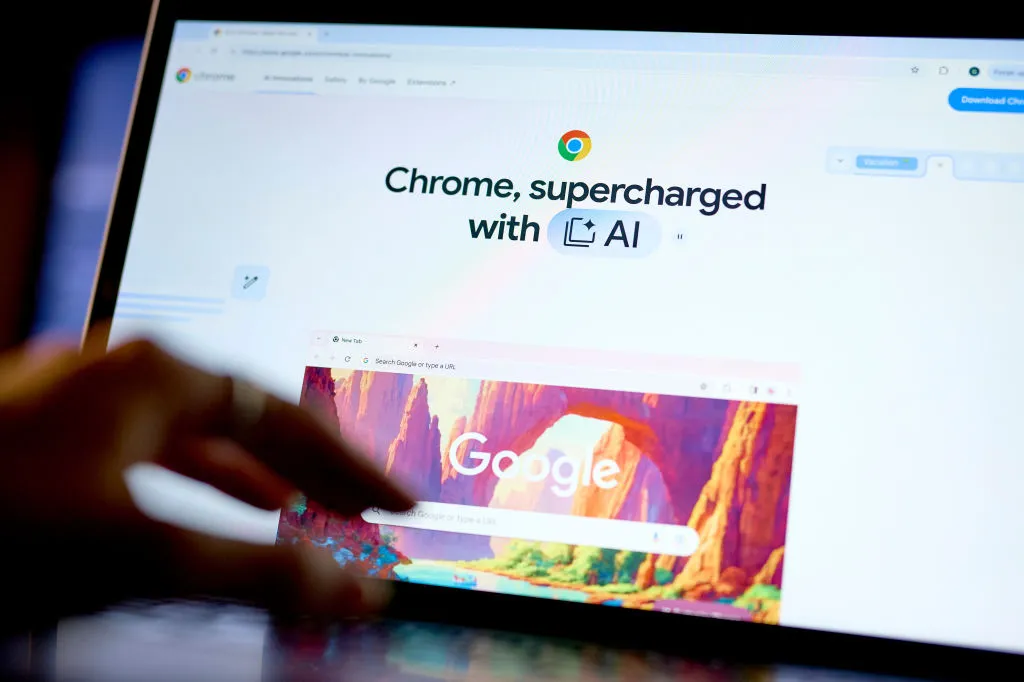Who can benefit from using AI-powered web browsers?

Image Credits:Bloomberg / Getty Images
OpenAI’s ChatGPT Atlas: A New Era for Browsers?
OpenAI recently unveiled its AI-powered web browser, ChatGPT Atlas, sparking discussions about whether it’s time to move away from traditional browsers like Safari. In a recent episode of the Equity podcast, hosts Max Zeff, Sean O’Kane, and I explored the evolving browser landscape and whether these AI-driven solutions could truly replace conventional options.
The Challenges of Displacing Major Browsers
Sean pointed out a longstanding challenge for companies attempting to disrupt the browser market: the difficulty of generating revenue. Many have tried but failed, often because browsers are tough to monetize effectively. However, OpenAI’s substantial funding positions it uniquely to experiment without immediate financial pressures, allowing for a more extended trial of its innovations.
User Experience: The Reality of AI Browsers
Max has tested ChatGPT Atlas and expressed skepticism regarding its efficiency. He reported only a “slight efficiency gain” at best, with many tasks involving the AI simply “clicking around” on web pages. This raises a fundamental question: Are users genuinely looking for such automation? Moreover, there are significant security concerns associated with AI-driven browsing that cannot be ignored.
The Future of Browsing and the Open Web
As AI browsers gain traction, a critical question arises: What does this mean for the concept of the open web? While users can still access web pages, the increasing reliance on AI interfaces might diminish the importance of individual websites. The shift toward AI-centric browsing could lead to a different user experience, where curated content takes precedence over traditional navigation.
The Concept of the Agentic Web
Max further elaborated on the idea of an “agentic web.” This concept contemplates a future where AI plays a significant role in our internet browsing experiences. However, he voiced concerns that current tools fail to provide compelling value propositions for users. The tools might make users slightly more efficient, but they do not convincingly enhance the browsing experience.
For example, Max recounted a scenario where an AI browser looks up recipes and adds ingredients to a shopping cart. This capability, while showcased in tech demos, raises doubts about its practicality in everyday use. If AI tools don’t resonate with typical user needs, their adoption may remain limited.
The Persistence of Traditional Searching Methods
Sean shared his perspective as someone who still relies heavily on traditional search methods. His work often entails browsing for documents, which benefits from familiar web navigation and Boolean searches. The prospect of a shift away from these techniques, as suggested by evolving AI technologies, doesn’t appeal to him— and he is not alone in this sentiment.
The Economic Landscape for AI Browsers
Historically, many companies have struggled to establish sustainable business models in the browser space. While some have attempted to charge upfront fees for their products, this has not proven to be a long-term solution against well-established browsers like Safari, Chrome, and Firefox.
Interestingly, the emergence of companies with deep pockets, like OpenAI, offers a new dynamic. These firms can withstand initial losses, focusing instead on refining their products and shaping user expectations over time. Ultimately, they may introduce monetization strategies, but for now, their financial stability allows for exploration and innovation in the space.
User Acceptance: Navigating New Tools
Despite the allure of emerging AI browsers, user acceptance remains an important hurdle. Many consumers are accustomed to their current browsing habits and may be resistant to change. New technologies need to demonstrate clear advantages in user experience, security, and efficiency before they can effectively replace existing platforms.
Conclusion: The Future of Browsing
As we ponder the future of browsers like Safari in light of OpenAI’s ChatGPT Atlas, it is essential to weigh the benefits and drawbacks. The potential of AI in browsing is immense, but for widespread adoption, these technologies must address user needs effectively.
The discussion around AI-powered browsers will continue, revealing whether they can reshape our digital landscape or merely supplement existing systems. As of now, many users are holding onto their familiar browsing tools—waiting to see if the promises of AI enhancements can truly be fulfilled.
Thanks for reading. Please let us know your thoughts and ideas in the comment section down below.
Source link
#browsers





